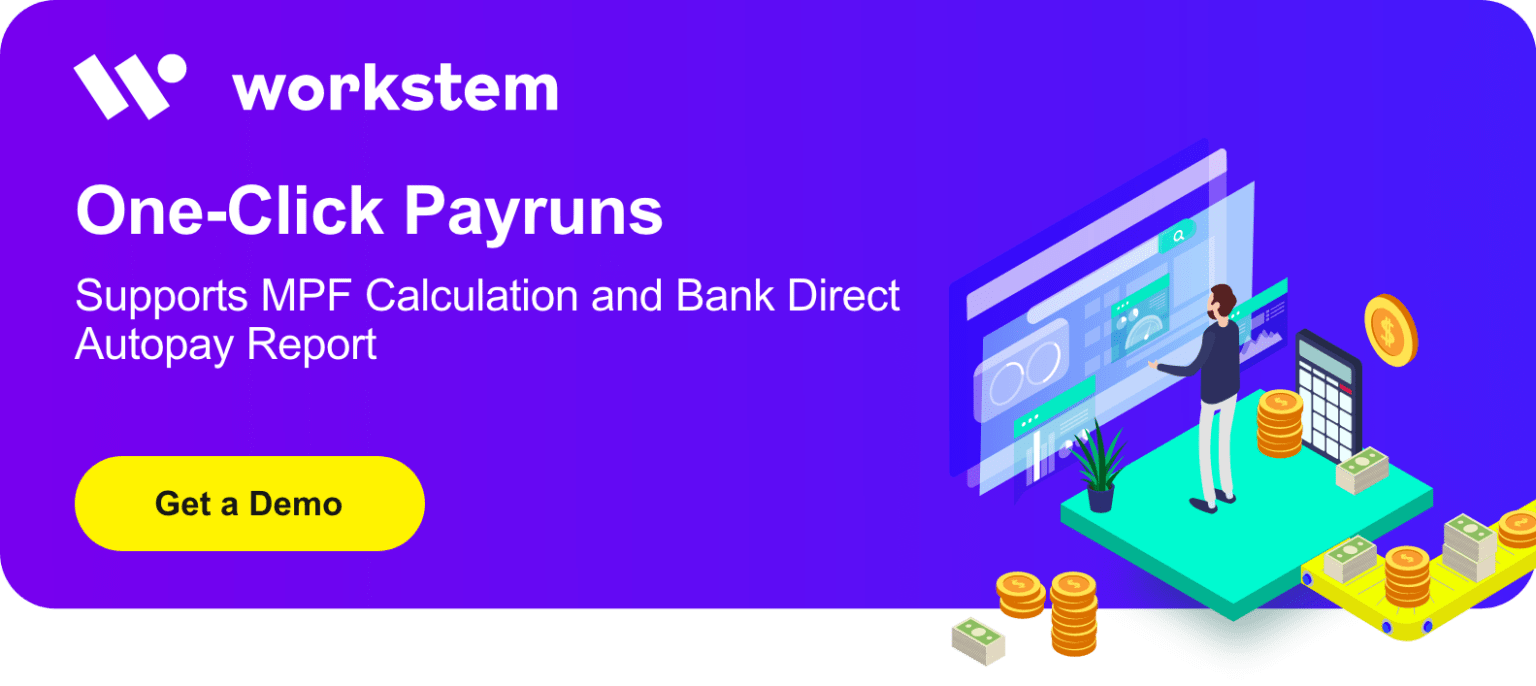It is often asked that I am the owner of the restaurant or an HR of an interior decoration company and will ask a few temporary workers to help me during the peak time and they would receive daily pay. If they are employed for less than 60 days, can I not enroll them in an MPF scheme?
The answer is no. According to the Mandatory Provident Fund Schemes Authority(MPFA), employers should enrol their casual employees in an MPF scheme within the first 10 days of employment, regardless of the length of the employment period.
Labour mobility within these two industries is generally high. Workers are often employed on a short-term basis and wages are usually daily-rated and paid half-monthly, weekly, or even daily. The characteristics of these two industries add to the administrative burden of Master Trust Schemes participants. Industry Schemes are therefore set up and specially designed for the construction and catering industries to make MPF arrangements as convenient as possible for both employers and employees.
What is the Industry Scheme?
An employer in the construction industry or the catering industry can employ casual employees and regular employees. “Casual employees” refers to employees who are at least 18 but under 65 years of age, and are employed in the construction industry or the catering industry on a day-to-day basis, or for a fixed period of less than 60 days. MPF arrangement is required for casual employees no matter how short a period they are employed, even if it is just one day.
How to enrol employees in an Industry Scheme?
There are currently two approved MPF trustees that operate Industry Schemes: Bank Consortium Trust Company Limited and Bank of East Asia (Trustees) Limited.
Casual employees in the construction and catering industries can open casual employee accounts with these two Industry Scheme trustees in advance. The two trustees will each provide them with a “casual employee card”. If you have joined an Industry Scheme and your new casual employees have a casual employee account in the same scheme, you will not need to arrange enrolment for them anymore. Simply ask the employees to show you their “casual employee cards”, or to provide you with the account number/casual employee number printed on the cards. That’s all you need to make contributions for them.
If your casual employees have not opened an account in the same Industry Scheme you have joined, you must submit the completed enrolment form for your employees to the trustee of your Industry Scheme within the first 10 days of employment.
Benefits of the Industry Scheme
Industry Schemes are specifically designed for employers and employees in these industries, offering the following unique advantages:
- No scheme switching when changing jobs
Casual employees under the Industry Schemes do not have to switch schemes when they change jobs within these two industries, so long as their previous and new employers have registered with the same Industry Scheme. This is convenient for scheme members and saves administrative costs.
- Employees can open accounts in advance
Casual employees can open MPF accounts with the trustees of the Industry Schemes in advance. Upon changing jobs, if their new employers have also registered with the same Industry Scheme, they can simply provide their employers with the details of their accounts for making contributions, thus saving the trouble of handling the paper work required for enrolling in a new scheme. If a casual employee does not open an account in an Industry Scheme in which the employer registered, the employer is responsible for arranging them to enrol in the Industry Scheme and make contributions on time.
- Reduced administrative work for employers
If employers make contributions in respect of their casual employees who are enrolled in the Industry Schemes on the next working day (other than a Saturday, a public holiday or a gale or black rainstorm warning day) following the pay-day, they are not required to provide “pay-records” to the casual employees nor to keep records of the contribution details of their casual employees, such as relevant income, contribution amount and contribution date.\
Coverage of the Industry Schemes
Construction Industry
For the purpose of the Industry Schemes, the construction industry covers the following eight major categories:
- Foundation and associated works;
- Civil engineering and associated works;
- Demolition and structural alteration works;
- Refurbishment and maintenance works;
- General building construction works;
- Fire services, mechanical, electrical and associated works;
- Gas, plumbing, drainage and associated works; and
- Interior fitting-out works.
The following are examples of establishments and units engaged in construction works:
Registered with the Buildings Department:
- General building contractors;
- Specialist contractors in the ventilation category;
Registered with the Electrical and Mechanical Services Department:
- Electrical contractors;
- Lift contractors and escalators contractors;
- Builders’ lift contractors;
- Gas contractors;
Others:
- Fire service installation contractors registered with the Fire Services Department;
- Holders of a plumber’s licence issued by the Water Supplies Department;
- Public works contractors with an approval letter by the Development Bureau; and
- All sub-contractors to which projects or works are delegated directly or indirectly from any contractors specified in 1 to 9 above.
Catering Industry
For the purpose of the Industry Schemes, the catering industry covers holders of food business licences or permits under the Food Business Regulation (Chapter 132X, Laws of Hong Kong), canteens at schools and workplaces, and catering establishments inside clubs. Here are some examples of catering establishments:
- Food factories, milk factories, frozen confection factories and bakeries;
- Restaurants;
- Factory canteens;
- Siu mei or lo mei shops;
- Cold stores;
- Fresh provision shops;
- Cooked food stalls operating in public markets;
- Cooked food stalls which are granted hawker licences; and
- Chinese herb tea shops.
High turnover, various payroll calculation methods, and difficult MPF contribution calculations are common in the catering industry and construction industry. However, Workstem, a one-stop HR system supports different types of MPF scheme and makes it easy for you to calculate employees’ relevant income and contribution amount.
Read More:
Non-“418”-rule Employees No Need to Enrol MPF Scheme?
How to Manage Employee’s MPF After the Termination of Employment?

(The content and information in this article are for reference only. The accuracy and reliability of the information are subject to the latest government regulations. If you want to reprint the article or content, please contact us first or attach a link to this article, and indicate the source of reprint.)







![[418 Guide] Ordinance 418 And Continuous Contract](https://www.workstem.com/wp-content/uploads/2023/08/Untitled-design-min-350x220.png)